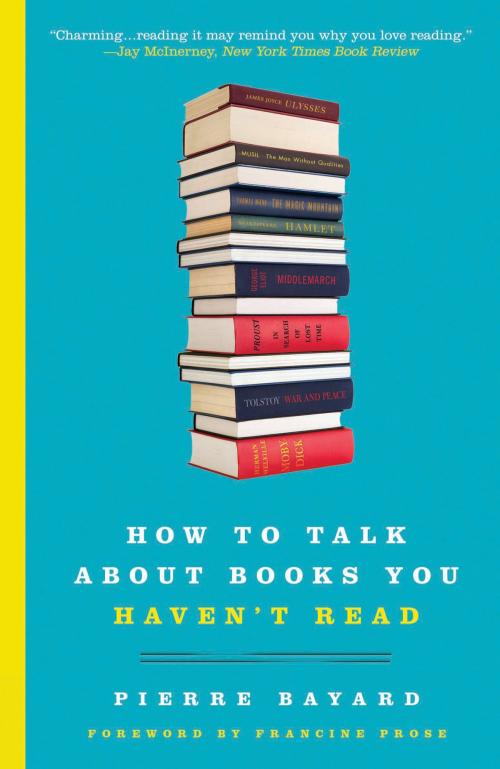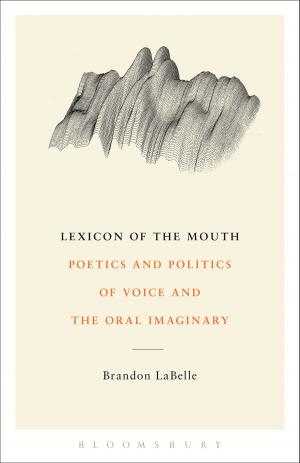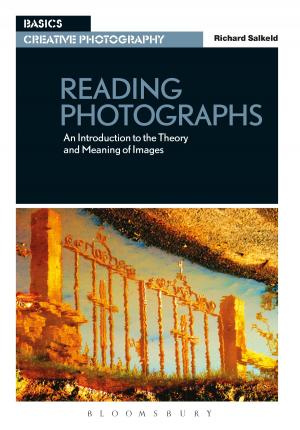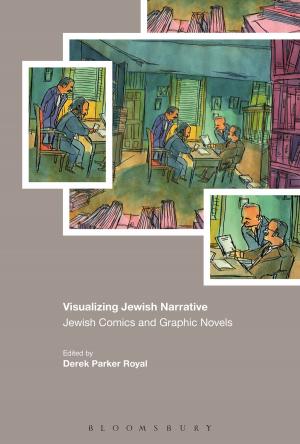How to Talk About Books You Haven't Read
Nonfiction, Reference & Language, Language Arts, Reading, Reading Skills, Literacy, Fiction & Literature, Literary Theory & Criticism, Books & Reading| Author: | Pierre Bayard | ISBN: | 9781596917149 |
| Publisher: | Bloomsbury Publishing | Publication: | August 10, 2010 |
| Imprint: | Bloomsbury USA | Language: | English |
| Author: | Pierre Bayard |
| ISBN: | 9781596917149 |
| Publisher: | Bloomsbury Publishing |
| Publication: | August 10, 2010 |
| Imprint: | Bloomsbury USA |
| Language: | English |
In this delightfully witty, provocative book, literature professor and psychoanalyst Pierre Bayard argues that not having read a book need not be an impediment to having an interesting conversation about it. (In fact, he says, in certain situations reading the book is the worst thing you could do.) Using examples from such writers as Graham Greene, Oscar Wilde, Montaigne, and Umberto Eco, he describes the varieties of "non-reading"-from books that you've never heard of to books that you've read and forgotten-and offers advice on how to turn a sticky social situation into an occasion for creative brilliance. Practical, funny, and thought-provoking, How to Talk About Books You Haven't Read-which became a favorite of readers everywhere in the hardcover edition-is in the end a love letter to books, offering a whole new perspective on how we read and absorb them.
In this delightfully witty, provocative book, literature professor and psychoanalyst Pierre Bayard argues that not having read a book need not be an impediment to having an interesting conversation about it. (In fact, he says, in certain situations reading the book is the worst thing you could do.) Using examples from such writers as Graham Greene, Oscar Wilde, Montaigne, and Umberto Eco, he describes the varieties of "non-reading"-from books that you've never heard of to books that you've read and forgotten-and offers advice on how to turn a sticky social situation into an occasion for creative brilliance. Practical, funny, and thought-provoking, How to Talk About Books You Haven't Read-which became a favorite of readers everywhere in the hardcover edition-is in the end a love letter to books, offering a whole new perspective on how we read and absorb them.















